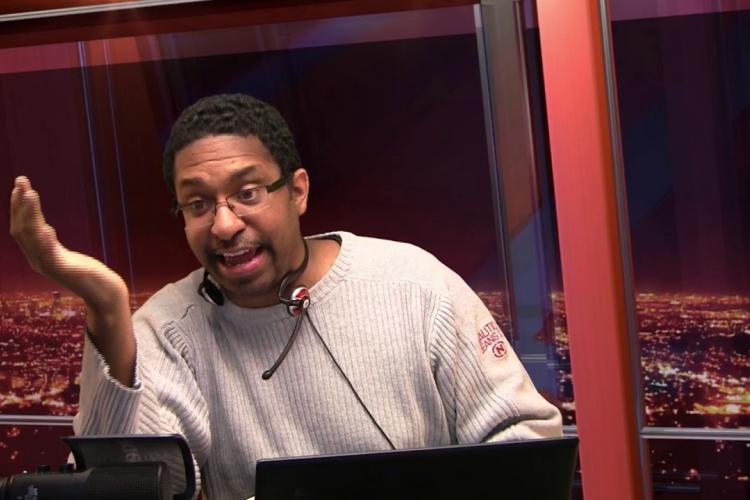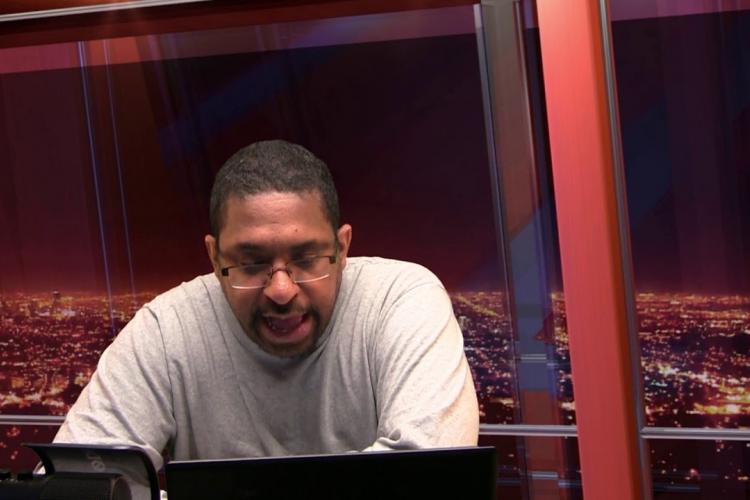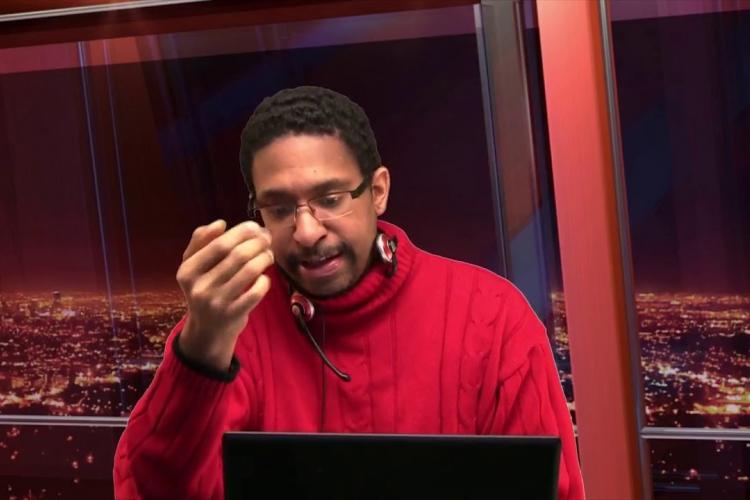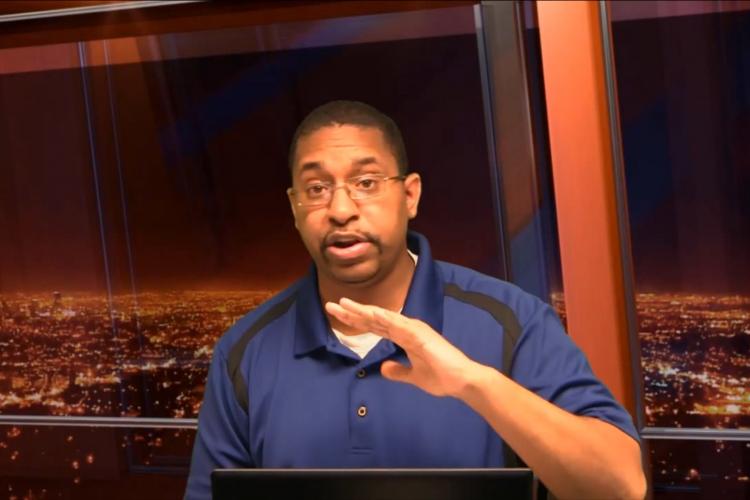Broadcast Date
What did Daniel predict about end time events. What end time power will persecute God’s people? How will God judge? Where are we now in prophetic history? How were Gods times and laws changed? How long will this persecuting power last? What is the focus of Daniel 7.






